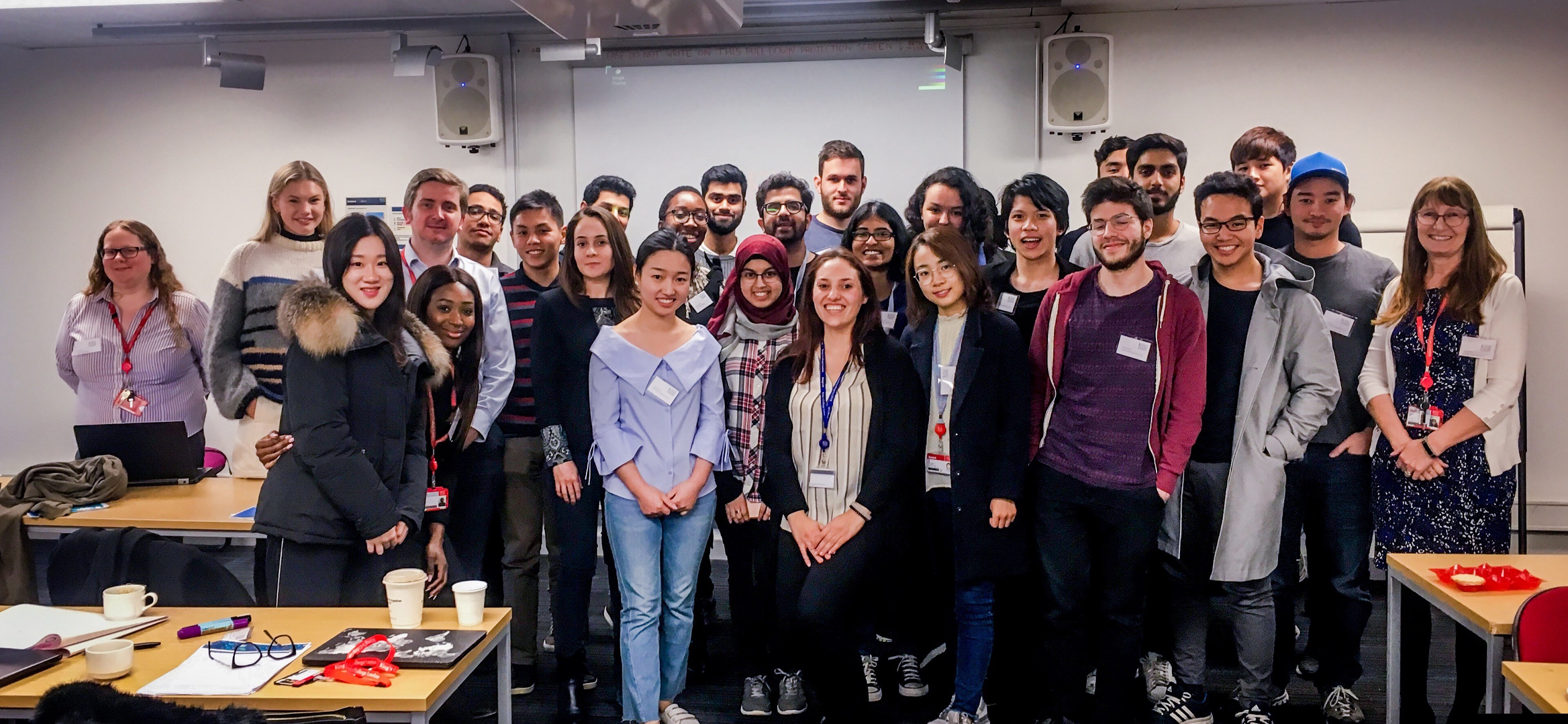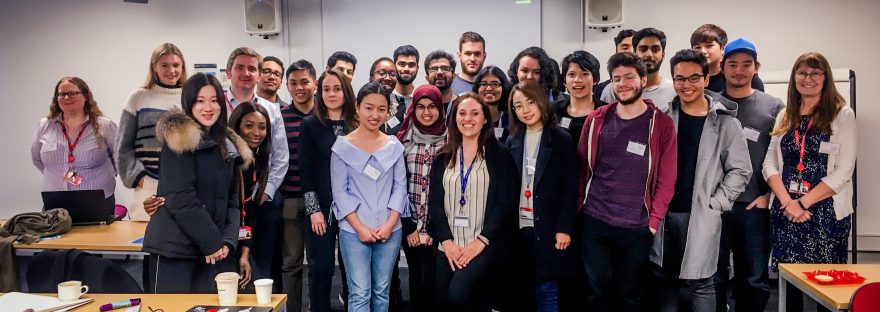I recall leaving University in 2010 and being faced with nearly one year of unemployment. The fact I had a good 2:1 in BSc Applied Psychology and Sociology and experience on a placement year was clearly not enough, particularly as I graduated soon after the global financial crash. After meeting numerous recruitment agencies, sending my CV’s to what felt like hundreds of companies and applying to various jobs, I finally realised that I did not know how to properly complete application forms, and I did not have enough recent work experience for my CV to make an impact. I was one of many recent graduates that just could not get to the interview stage of a job, yet alone a job. What made my experience slightly more frustrating was that many of my friends who chose to go straight to work, rather than to Universities, were in greater demand than I was. What set us apart, was that they had gained a few more years working experience, and they knew how to sell themselves to potential employers.
Fast forward 8 years, working as the Centre Manager for the Centre for Technology Enhanced Learning at King’s College London, and tasked with trying to get more students engaged with shaping their digital education learning experience, I wanted to try something different. It was a recurring theme that students were not engaged with Digital Education at King’s. This proved to be problematic considering that a lot of Digital Education initiatives were aimed towards improving the student learning experience. So why did students appear to be disengaged? The answer to this was due to various reasons. However, a lack of opportunity to get involved in a meaningful way that was mutually beneficial to both staff and students proved to be one reason. I wanted students to gain some employability skills and meaningful experience that were transferable to the work environment.

This digital education student committee was developed to do just that. It aimed to support the below strategic goals of the 2017-2022 King’s Education Strategy
- Ensure all students are equipped for success
- Embrace students as co-creators of the educational experience
I wanted to target 12-20 students from various programmes, year groups and backgrounds who were interested in digital education. After opening applications for 3 weeks, over 50 students applied. CTEL were reluctant to turn any of them away because they appeared to be so passionate and enthusiastic.
The Committee gave members the opportunity to engage in a variety of tasks throughout the year. The tasks were outlined, and students were told exactly what employability skills were related to each task, so that they could decide which ones to get involved with. An example of the task outline can be seen below.
| Task | Rationale/ comments | Engagement Measure | Skills used |
|
The Lynda project gives students the opportunity to find innovative ways of implementing Lynda to improve the student experience and to create a communication campaign. |
|
|
| 2. Reflective piece | This will enable students to reflect on their experiences, contribution, lessons learnt whilst a committee member. | Submit the reflective piece to KEATS (Moodle) |
|
There was a committee board that included a Chair, Vice Chair and Communication officer who worked closely with staff to organise committee meetings and set the agenda and direction. These roles rotated every 6-8 weeks, to give other members the opportunity to get meaningful experience. All committee members were also divided into 6 teams and given the Lynda project to complete. With the project learning outcomes being closely linked to strategy and implementation.
The committee was positive and was different from other general student groups I had seen in operation. It had elements of the four stages of student engagement, which are consultation, involvement, participation and partnership (HEA, 2014). Students had the option to invest as much or as little time and effort into the committee and associated tasks and projects as they liked, but we implemented a minimum requirement for students to qualify for the Higher Education Achievement Recognition (HEAR) accreditation.
There were several successes, challenges and lessons learnt that will be shared on a future blog post. What I can share in the meantime is that we now have 75 students on the committee for the 2019-2020 academic year. Watch this space for more updates of how the committee is getting on!
Recommended Reading
- Philip Carey (2018) The impact of institutional culture, policy and process on student engagement in university decision-making, Perspectives: Policy and Practice in Higher Education, 22:1, 11-18, DOI: 10.1080/13603108.2016.1168754
To link to this article: https://doi.org/10.1080/13603108.2016.1168754
2. Mick Healey, Abbi Flint and Kathy Harrington (July 2014) Engagement through partnership: students as partners in learning and teaching in higher education. The Higher Education Academy,
Link to the report: https://www.heacademy.ac.uk/system/files/resources/engagement_through_partnership.pdf
Written by Nabila Raji
Nabila Raji is the Centre Manager at the Centre for Technology Enhanced Learning (CTEL) at King’s College London. Her role includes communication strategy and implementation for digital education, project management, operational and resource management, and student engagement lead for digital education. Nabila is the project manager for the LinkedIn Learning Implementation and benefits realisation work across King’s and manages the Digital Education Student Committee (DESC).
